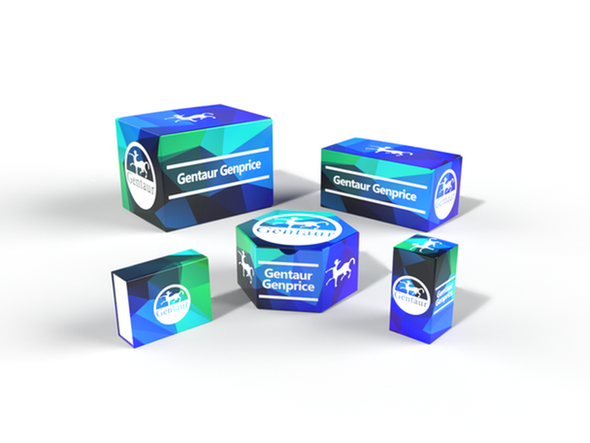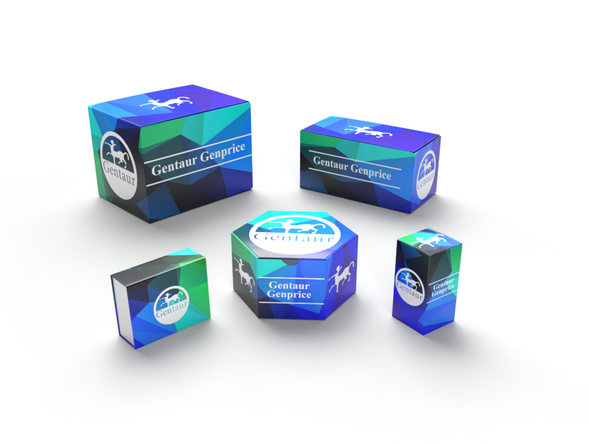Description
TAB3 Antibody | 3391 | Gentaur UK, US & Europe Distribution
Host: Rabbit
Reactivity: Human
Homology: Predicted species reactivity based on immunogen sequence: Mouse: (92%)
Immunogen: TAB3 antibody was raised against a 13 amino acid synthetic peptide near the amino terminus of human TAB3.
The immunogen is located within amino acids 40 - 90 of TAB3.
Research Area: Autophagy
Tested Application: E, IHC-P
Application: TAB3 antibody can be used for detection of TAB3 by immunohistochemistry at 5 μg/mL.
Antibody validated: Immunohistochemistry in human samples. All other applications and species not yet tested.
Specificiy: TAB3 antibody is human specific. TAB3 antibody is predicted not to cross-react with other TAB proteins.
Positive Control 1: Cat. No. 10-401 - Human Kidney Tissue Slide
Positive Control 2: N/A
Positive Control 3: N/A
Positive Control 4: N/A
Positive Control 5: N/A
Positive Control 6: N/A
Molecular Weight: N/A
Validation: N/A
Isoform: N/A
Purification: TAB3 Antibody is affinity chromatography purified via peptide column.
Clonality: Polyclonal
Clone: N/A
Isotype: IgG
Conjugate: Unconjugated
Physical State: Liquid
Buffer: TAB3 Antibody is supplied in PBS containing 0.02% sodium azide.
Concentration: 1 mg/mL
Storage Condition: TAB3 antibody can be stored at 4˚C for three months and -20˚C, stable for up to one year. As with all antibodies care should be taken to avoid repeated freeze thaw cycles. Antibodies should not be exposed to prolonged high temperatures.
Alternate Name: TAB3 Antibody: NAP1, MAP3K7IP3, TGF-beta-activated kinase 1 and MAP3K7-binding protein 3, Mitogen-activated protein kinase kinase kinase 7-interacting protein 3, TAB-3
User Note: Optimal dilutions for each application to be determined by the researcher.
BACKGROUND: TAB3 Antibody: TAB3 functions in the NF-kappaB signal transduction pathway. It and the similar and functionally redundant protein TAB2, form a ternary complex with the protein kinase TAK1 and either TRAF2 or TRAF6 in response to stimulation with the pro-inflammatory cytokines TNF or IL-1. Subsequent TAK1 kinase activity triggers a signaling cascade leading to activation of the NF-kappaB transcription factor. Recent experiments have shown that TAB2 and the related protein TAB3 constitutitvely interact with the autophagy mediator Beclin-1; upon induction of autophagy, these proteins dissociate from Beclin-1 and bind TAK1. Overexpression of TAB2 and TAB3 inhibit autophagy, while their depletion triggers it, suggesting that TAB2 and TAB3 act as a control point for autophagy.






